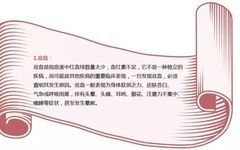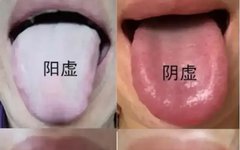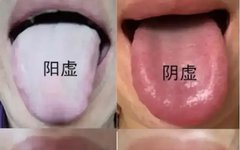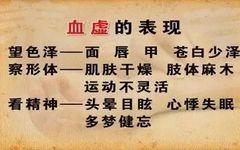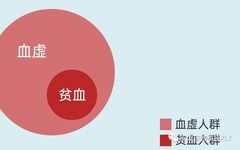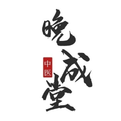Understanding the Differences Between Blood Deficiency and Yin Deficiency in Traditional Chinese Medicine
From a broad perspective, blood is a type of fluid that belongs to Yin, so blood deficiency and Yin deficiency share similar properties. However, according to TCM differential diagnosis, they are not the same. Why is that?In a narrow sense, blood primarily serves to nourish, and within blood resides the spirit (Shen), while Yin is … Read more

